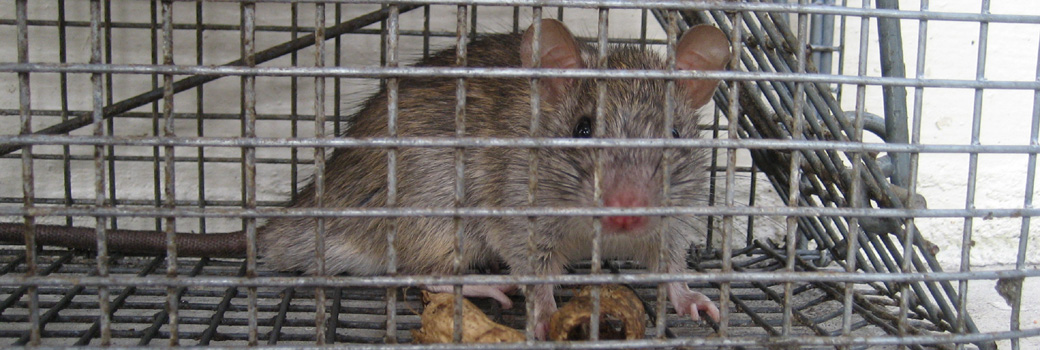What you ll want to look for are any signs that the rats are present including droppings tracks gnaw marks burrows runways and rodent sounds.
Roof rat litter size.
Roof rats possessing a long tail.
Becoming sexually mature in a matter of months roof rats typically have five to eight pups per litter and four to six litters per year.
They burrow near buildings and outbuildings under woodpiles or trash piles in garden and landscapes.
Under ideal conditions for the rat this means that the population of females could increase by a factor of three and a half half a litter of 7 in 8 weeks 5 weeks for sexual maturity and 3 weeks of gestation corresponding to a population growing by a factor of 10 in just 15 weeks.
The roof rat feces droppings are spindle shaped and reach about 1 2 inch in size the norway rat s droppings have a capsule shape.
The black rat rattus rattus also known as ship rat roof rat or house rat is a common long tailed rodent of the stereotypical rat genus rattus in the subfamily murinae.
Roof rats being the smaller sized ones with a considerably slender body.
Hard to identify by color alone.
The diet of the roof rats is entirely different from their brethren species.
Though they will eat meat and grain these adorable beasties love to feed on fresh fruit plant materials nuts seeds vegetables tree bark and even bird feed.
The roof rat gets its name from its tendency to find shelter in the upper parts of buildings.
Norway rats are the larger of the two species up to about twice the size of roof rats with tails that are shorter than total body length from nose to tail.
It is a generalist omnivore and a serious pest to farmers because it.
Roof rats are also referred to as black rats or ship rats.
A female can have a litter of five to eight babies.
The black rat is black to light brown in colour with a lighter underside.
4 8 pups per litter.
Smaller than norway rat.
They have a stockier appearance and proportionately smaller ears than roof rats.
In warm tropical regions roof rats breed year round and females can have up to three litters a year.
And also because the norway rat can quickly adapt to the changes in the temperature compared to the roof rats.
The roof rat is the smaller of the two commensal rats as the norway rat is larger in size.
Roof rats will also make tunnels through insulation and will leave chew marks wood pipes.
Once inside the roof rat population can grow rapidly.
Step 1 in order to assess the severity of the rat problem and to get a better idea of where to bait and trap you will first need to perform a thorough inspection of the premises.
Are roof rats nocturnal.
On the basis of the tail size.

